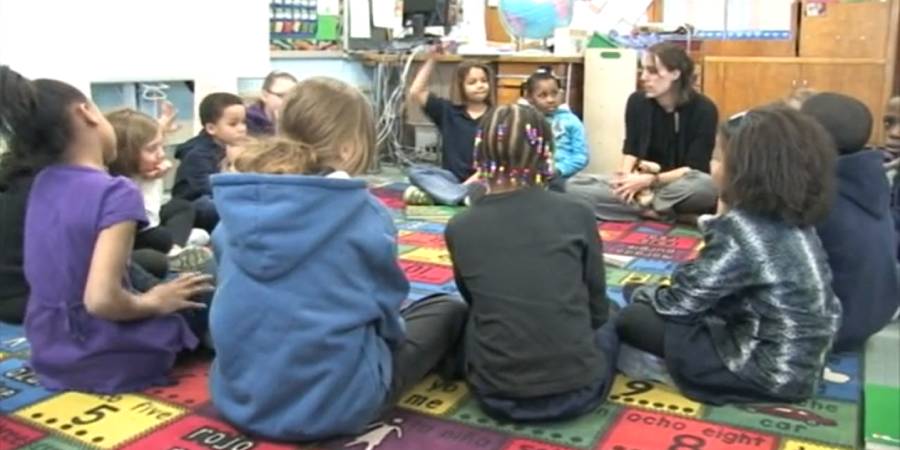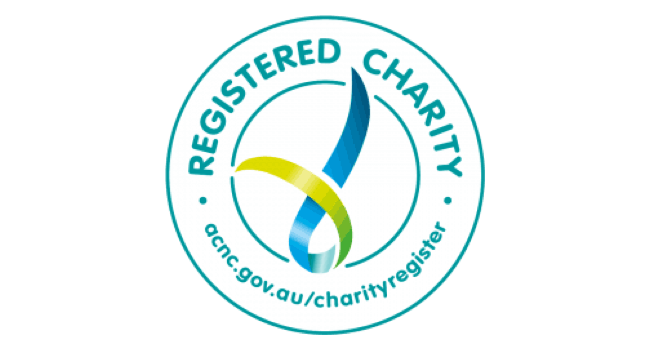Community Conferencing is a process in which a group of people meet to address a common concern. The process is most often used with a group of people affected by interpersonal conflict. Participants in a Community Conference reach a shared understanding about the causes and consequences of the conflict. They then devise a plan of action. Conferencing is used in a variety of settings, including schools.
What’s different about Community Conferencing
It asks different questions than those asked by adversarial processes. Adversarial processes typically ask: “Who did it?” and “What are those in authority entitled to do to them?” In schools, the justice system and elsewhere, authorities tend to administer some form of punishment.
In contrast, Conferencing asks: “What has happened?” “Who has been affected; and how have they been affected?” and, “What can be done to repair the harm and to make things better in the future?” Where people have disengaged from each other, or have engaged destructively, Conferencing creates the potential for constructive engagement.
The above summary is taken from a book chapter by Lauren Abramson and David B. Moore titled “Promoting Positive Peace One Block at a Time: Lessons from Innovative Community Conferencing Programs’. The chapter gives a detailed description of the process and a case study from the USA.
Read the ‘Promoting Positive Peace…’ chapter![]()
(The chapter is from Moving toward a Just Peace edited by Jan Fritz, New York; Springer pp. 189 – 212)
Case studies
Worowa Aboriginal College
Worawa Aboriginal College is a private boarding school for Aboriginal girls in Healesville, Victoria,
An article in the school’s Term 1 2021 newsletter details how the school uses ‘Circle Time’ as part of its student wellbeing program. According to the article, “A fundamental aspect to Circle Time is utilizing restorative practices to heal harm in our relationships when hurt has been caused. Girls are familiar with this process and will ask to meet for help or may be expected to partake in the process as part of restoring balance in the community.”
Baltimore Public Schools
This video documents the success of the ‘Daily Rap’ – a community conferencing program in public schools in Baltimore, USA.



